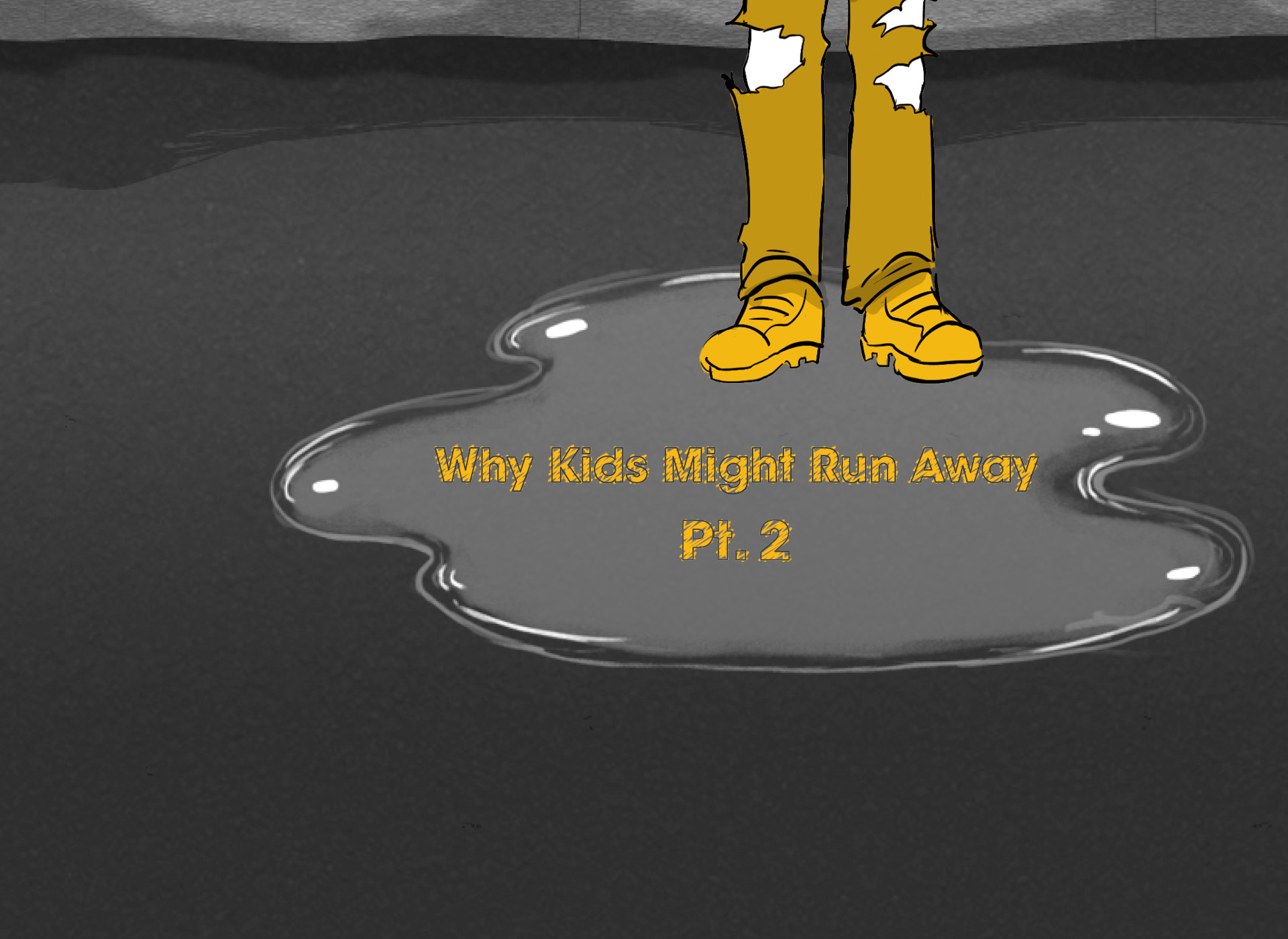Understanding and Supporting Children Who Run Away from Home
More than 90% of the cases of missing children reported to the National Center for Missing & Exploited Children involve children who have run away. Young people decide to run away for a multitude of different reasons, but without the safety net of their family, friends and community, many children face increased dangers trying to survive on their own. Teenagers, especially, are often confident that they can handle any situation, but they are vulnerable and can get in over their heads very quickly. It’s important to not assume we know why a child runs, as each situation is different and unique.
At NCMEC, we know it’s very important to support families who are looking for their children and just want them safe no matter the circumstances.
Sometimes, young people run away from something harmful happening in the home. The rates of child abuse in the United States are shockingly high and unfortunately not all children have safe homes. But children and teens sometimes run to something they perceive they need, rather than from an unsafe home environment. They may be leaving for a romantic partner promising a new life, the drugs and alcohol they can’t access at home, the chance to have what they perceive as an adventure, or many other reasons. From the outside, these perceived “choices” can be difficult for adults to understand, but we must dig deeper to address the root causes of what has led a child to that point.
For example, we hear often that children run away due to the rules that a family has in place to keep them safe. If a child has friends who run away, they might run away to support their friend. We’ve seen children run away after receiving threats against their families when the child gets involved with gangs or an abusive relationship online. In fact, NCMEC has seen many reports of children “running to” these kinds of online relationships. At NCMEC, we use the term “online enticement” to describe these internet relationships that involve children. Online enticement involves an individual communicating with someone believed to be a child with the intent to commit a sexual offense or abduction.*
The reasons why children may run away can be a difficult and challenging topic, and NCMEC is here to help. Our Family Advocacy Division has a staff of mental health advocates who assist people to find appropriate mental health and community-based resources in their local area. We also run “Team HOPE,” a peer-based emotional support program that links caregivers, family members and adults who were missing or exploited as children to those who have been a missing or exploited child or are family members of a missing or exploited child. This program helps reduce the isolation felt by offering compassion and understanding.
At NCMEC, we know that children run away for many reasons, and many have family at home desperately trying to understand what has happened and find support for themselves and their child.
It is tragic that not all children have safe childhoods. The next time you hear about a child in your circle of family, friends or community that has run away, reach out with kindness and offer support to the parents and family who could very well be going through something that can be the scariest and most traumatic time in their lives.
###
If your child runs away, report it to your local law enforcement immediately, and then call us at 1-800-THE-LOST.
If you are looking for more resources about online safety and talking to kids, visit MissingKids.org/NetSmartz/Topics.

You can read Part 1 of this series here.
For more about children who run away from home as a result of online enticement and what trusted adults can do to talk to young people about it see our blog Online “Romance” and Runaway Teens.
